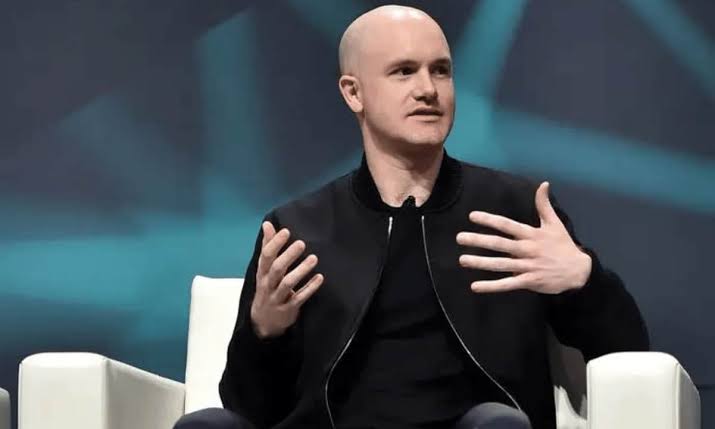Brian Armstrong, CEO of Coinbase, asserted that decentralisation and open-sourcing AI are preferable to regulation of the industry. In a recent post on the social media site X (previously Twitter), Brian Armstrong, the CEO of the cryptocurrency exchange Coinbase, discussed his views on the regulation of artificial intelligence (AI).
Armstrong clarified on September 23 that he thinks AI shouldn’t be regulated. The CEO of Coinbase believes that for reasons including national security, the AI industry needs to advance as fast as feasible.
Armstrong added that, despite regulators’ best efforts, regulation “has unintended consequences,” since it stifles competition and innovation.
The CEO of Coinbase used the internet as an illustration. Armstrong thinks that because the internet and software were unregulated, there was a “golden age of innovation” in these fields. The CEO of Coinbase suggested doing the same with AI technologies.
In addition, Armstrong offered an alternative to regulation for defending the AI domain. The executive asserted that it would be preferable to “decentralise and open source it to let the cat out of the bag.”
Meanwhile, a number of countries throughout the world have either begun to regulate AI or have voiced worries about its possible impacts. China’s temporary rules for managing AI activities went into force on August 15. Six government agencies across the nation collaborated to create the rules, which were released on July 10. In light of the recent AI surge, this is the first set of AI regulations to be put in place in the nation.
The competition regulator in the UK investigated AI to determine how it would affect both consumers and competition. On September 18, the U.K.’s Competition and Markets Authority came to the conclusion that although AI has the ability to alter people’s jobs and personal lives, these changes may occur too quickly and may have a significant negative effect on competition.


